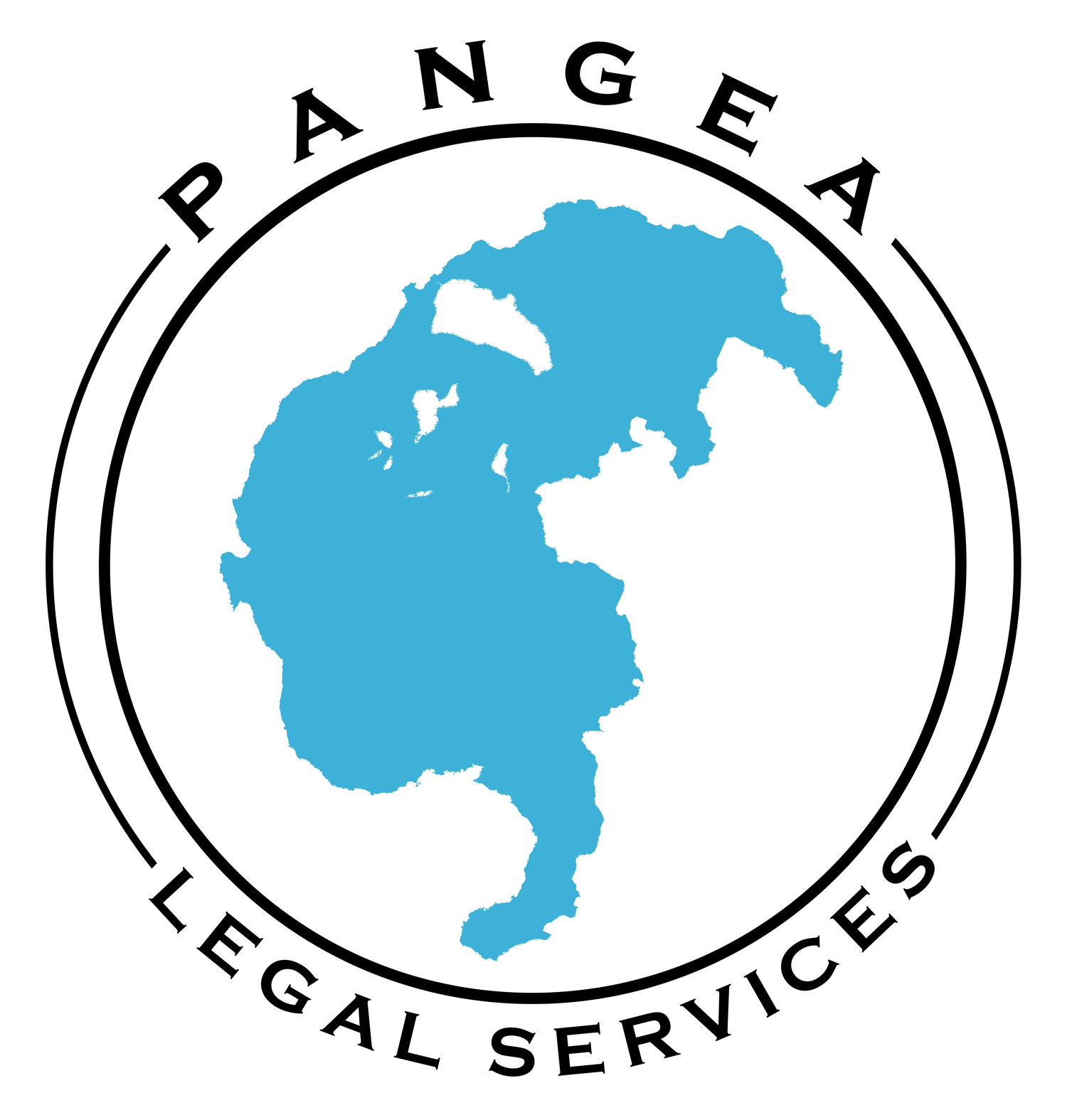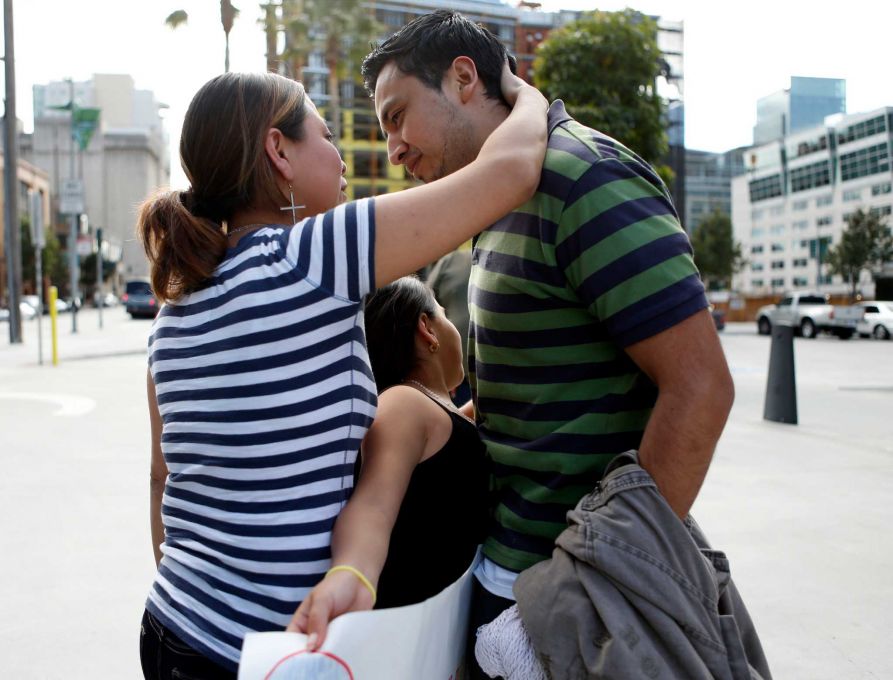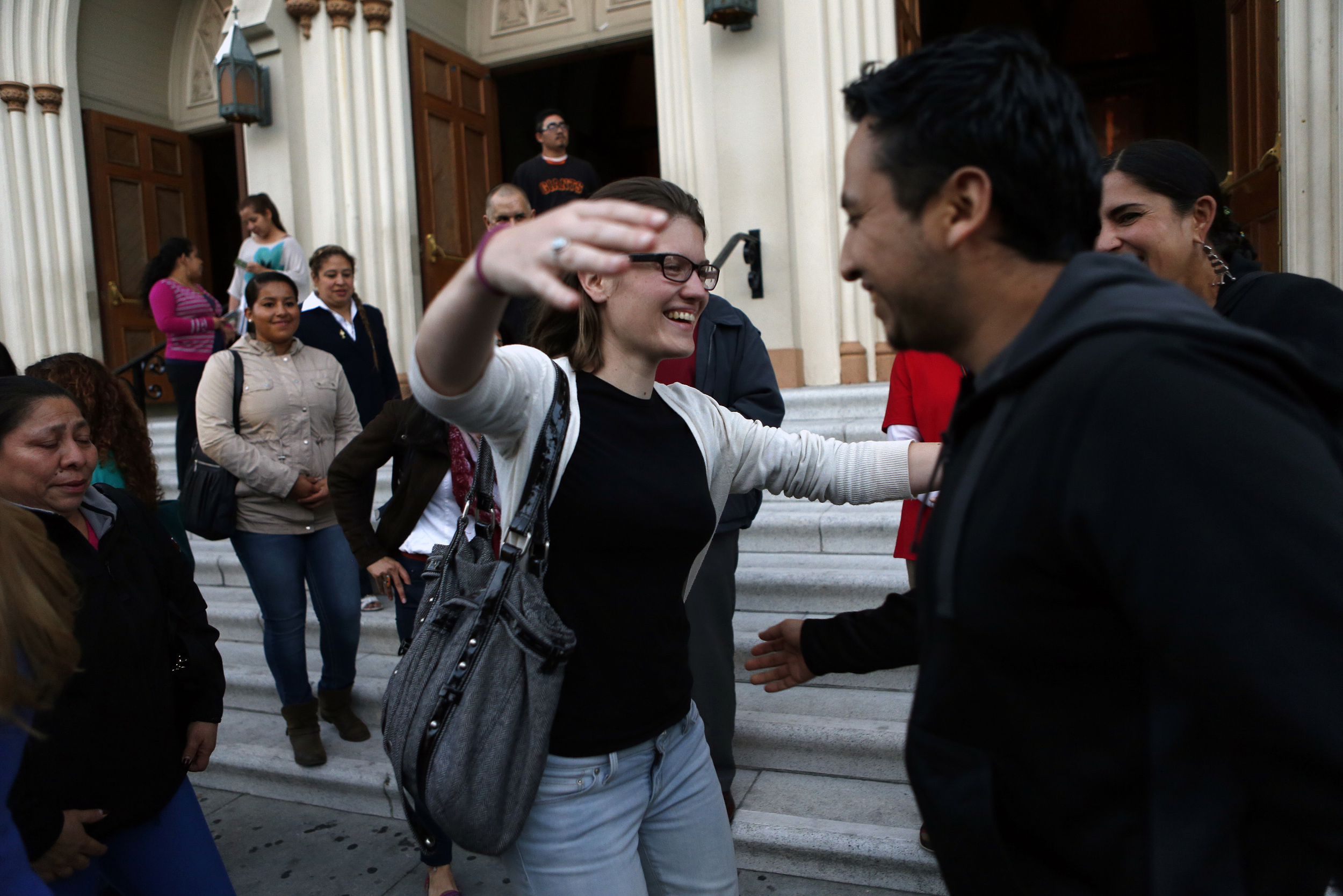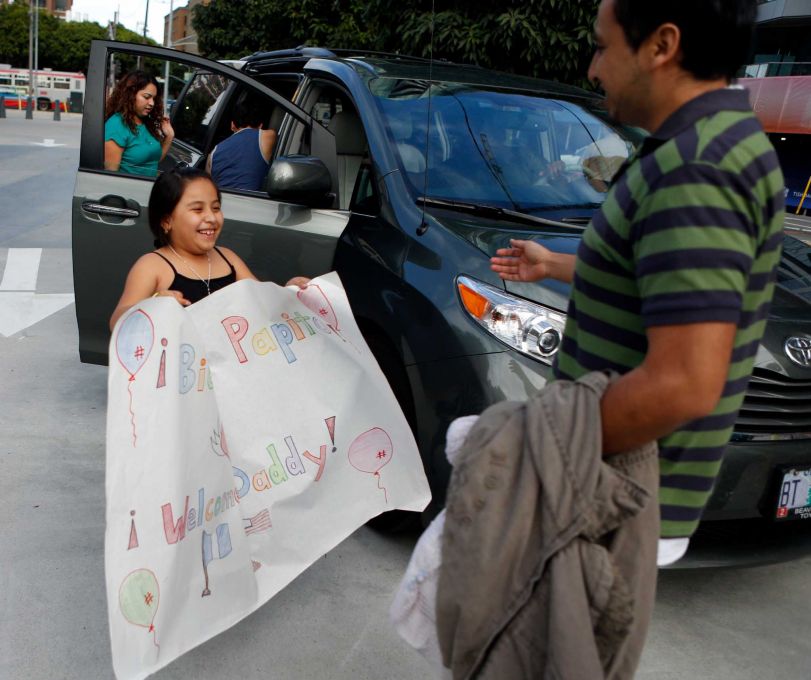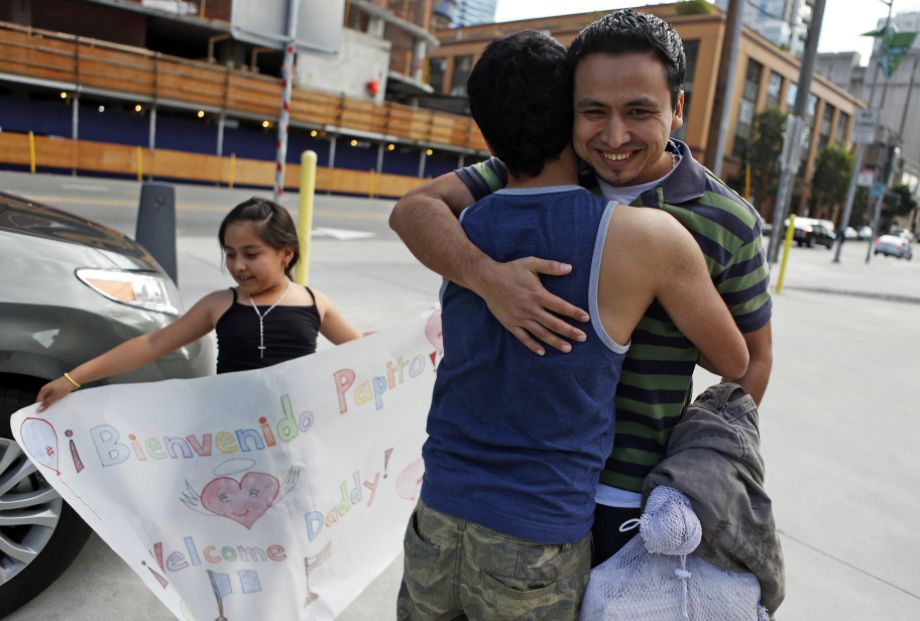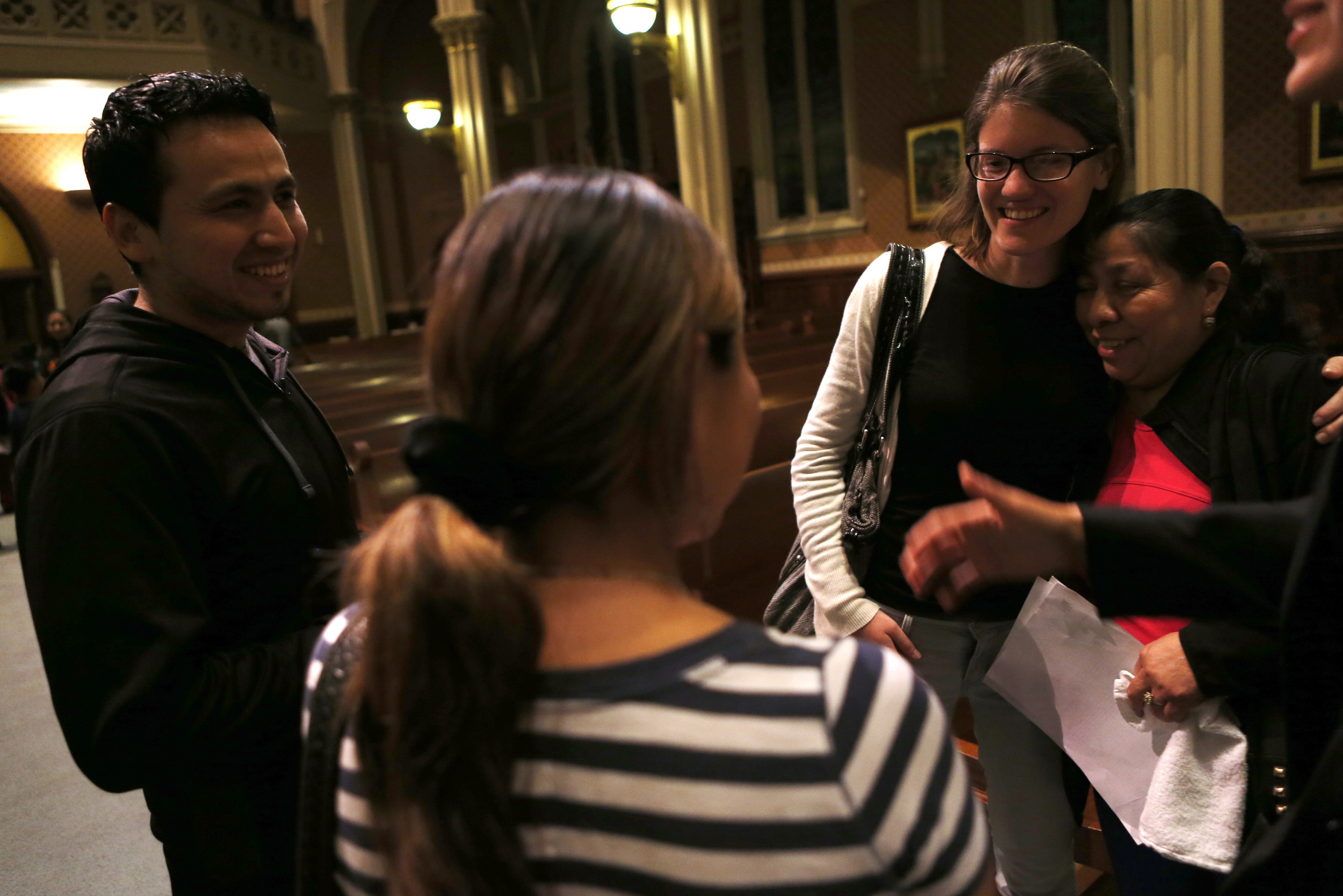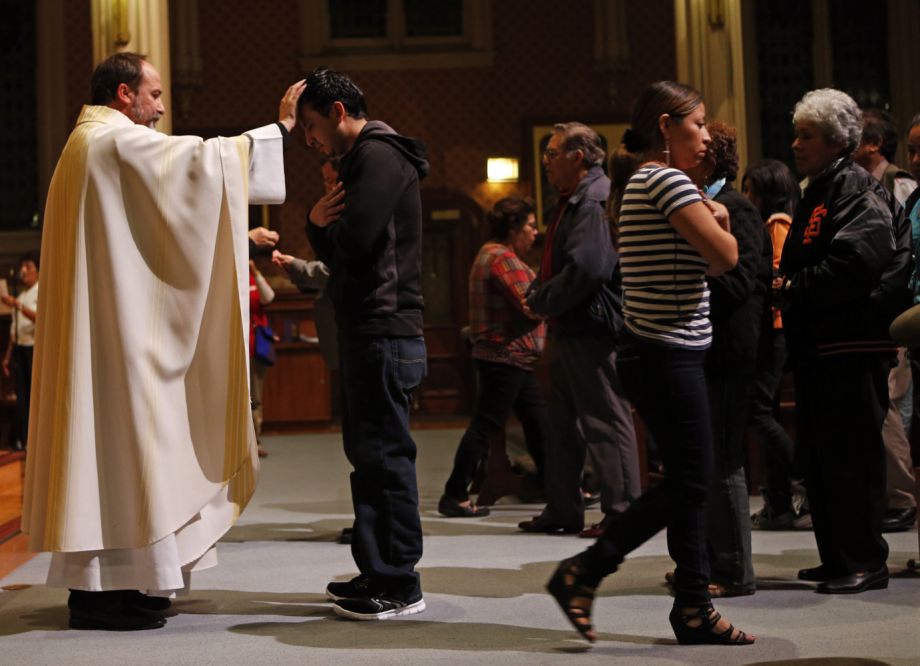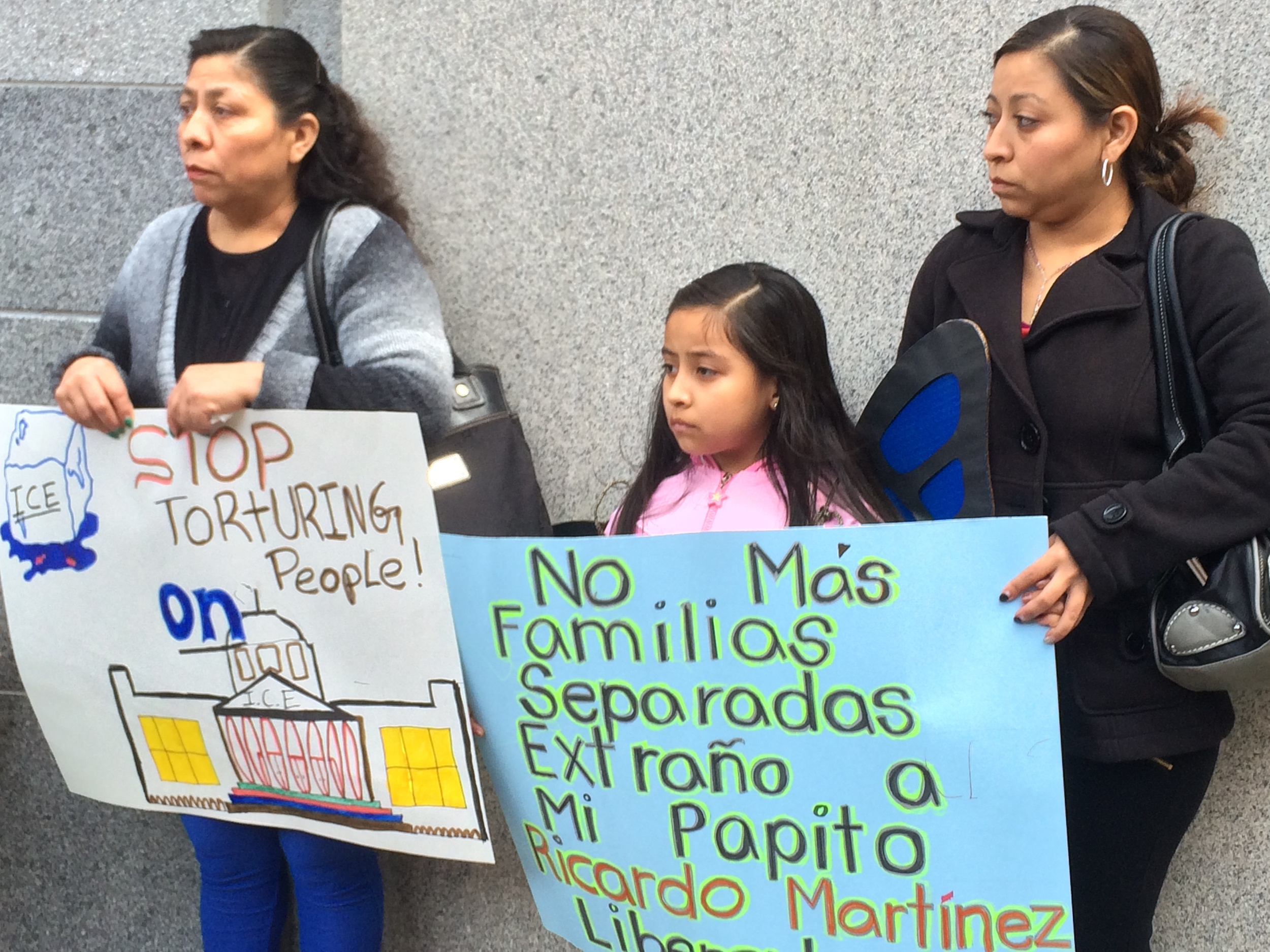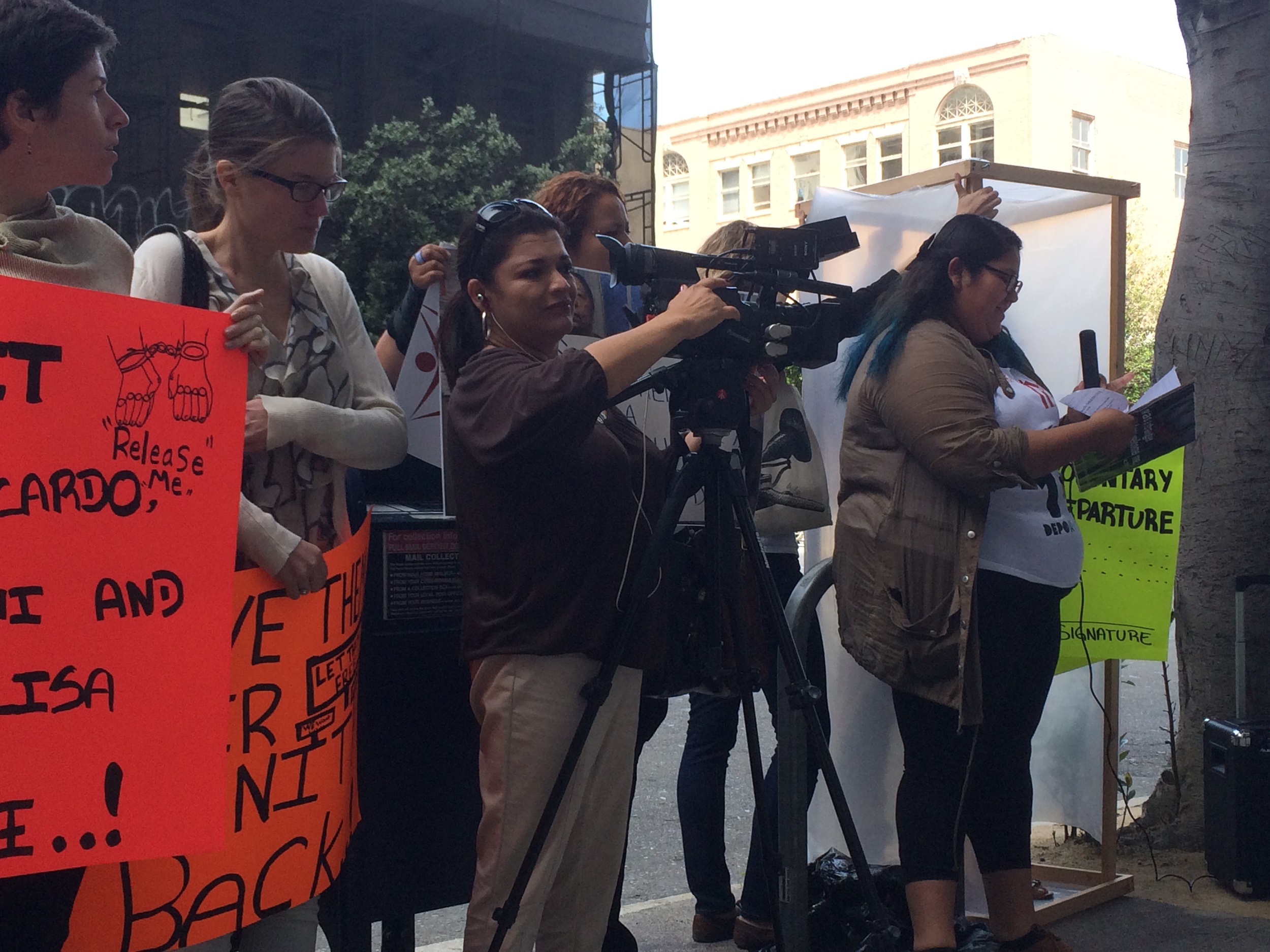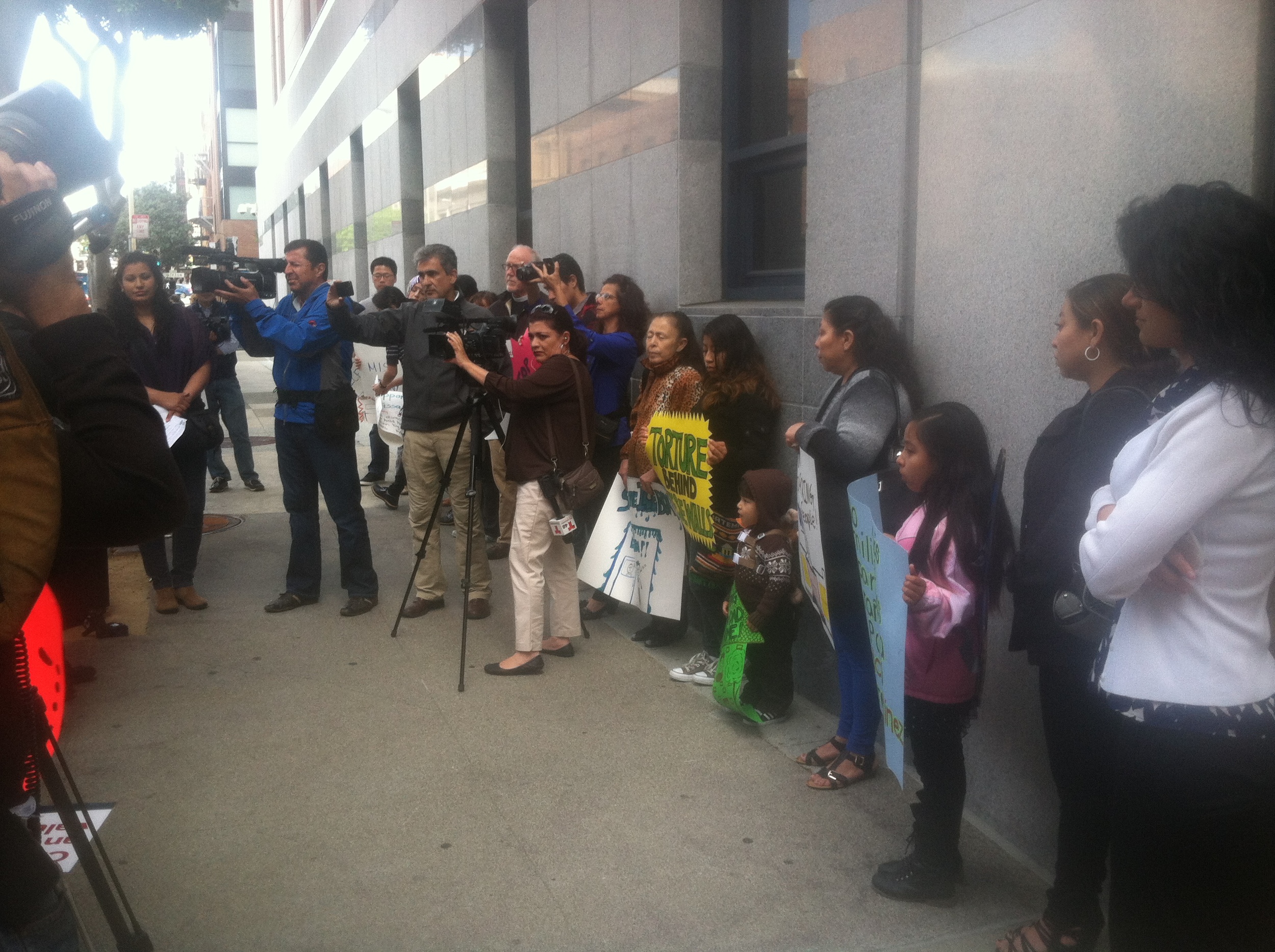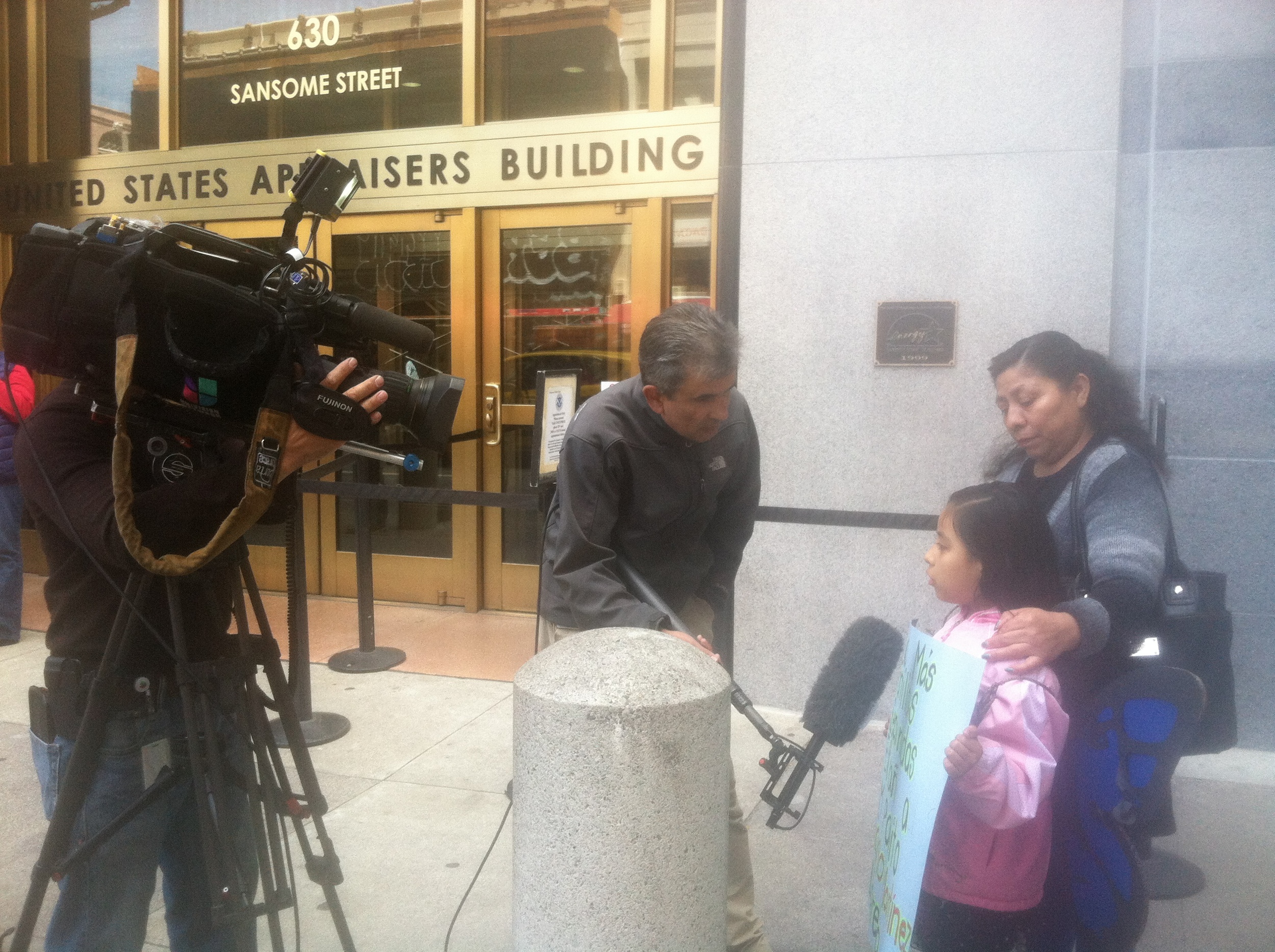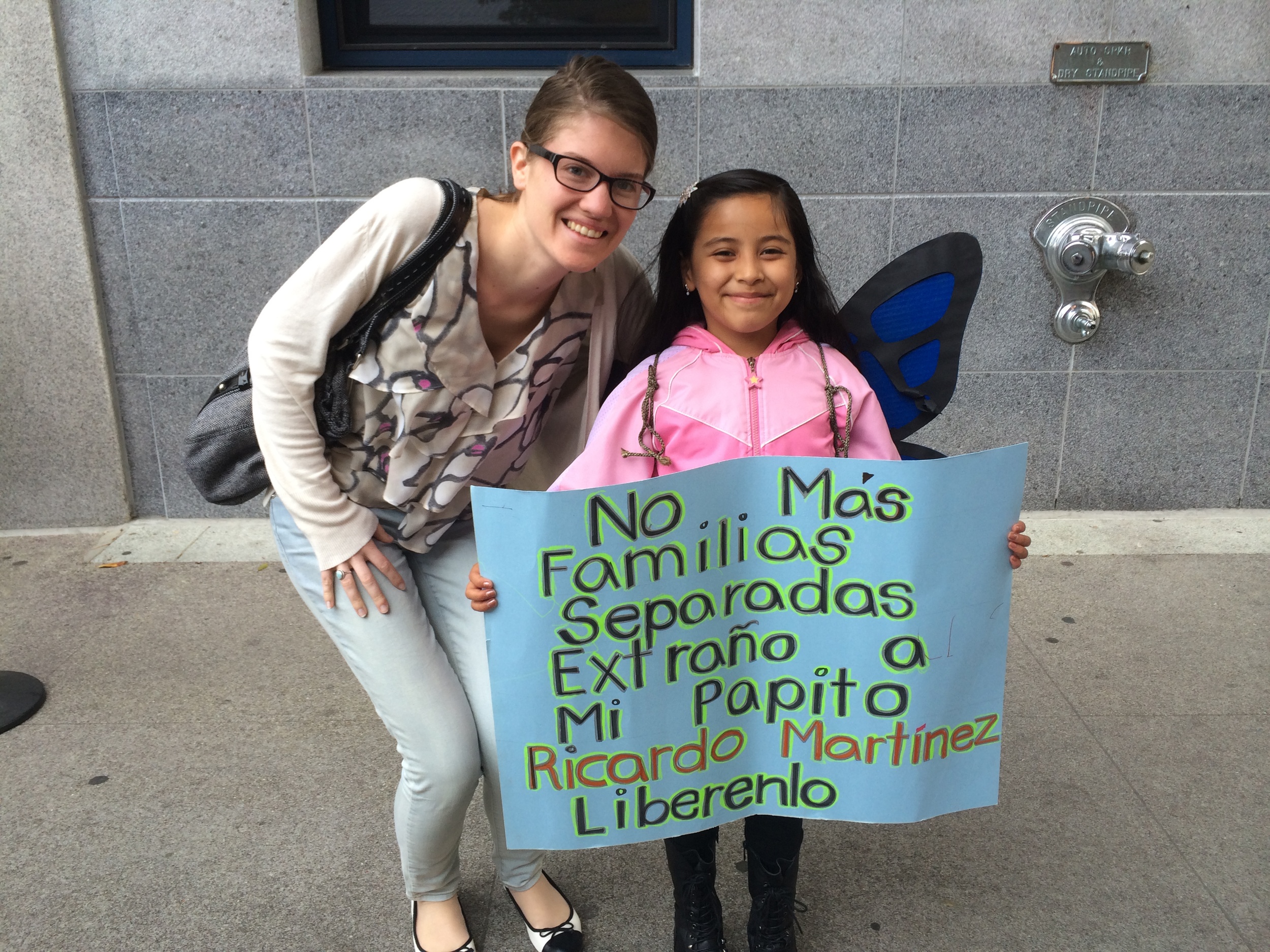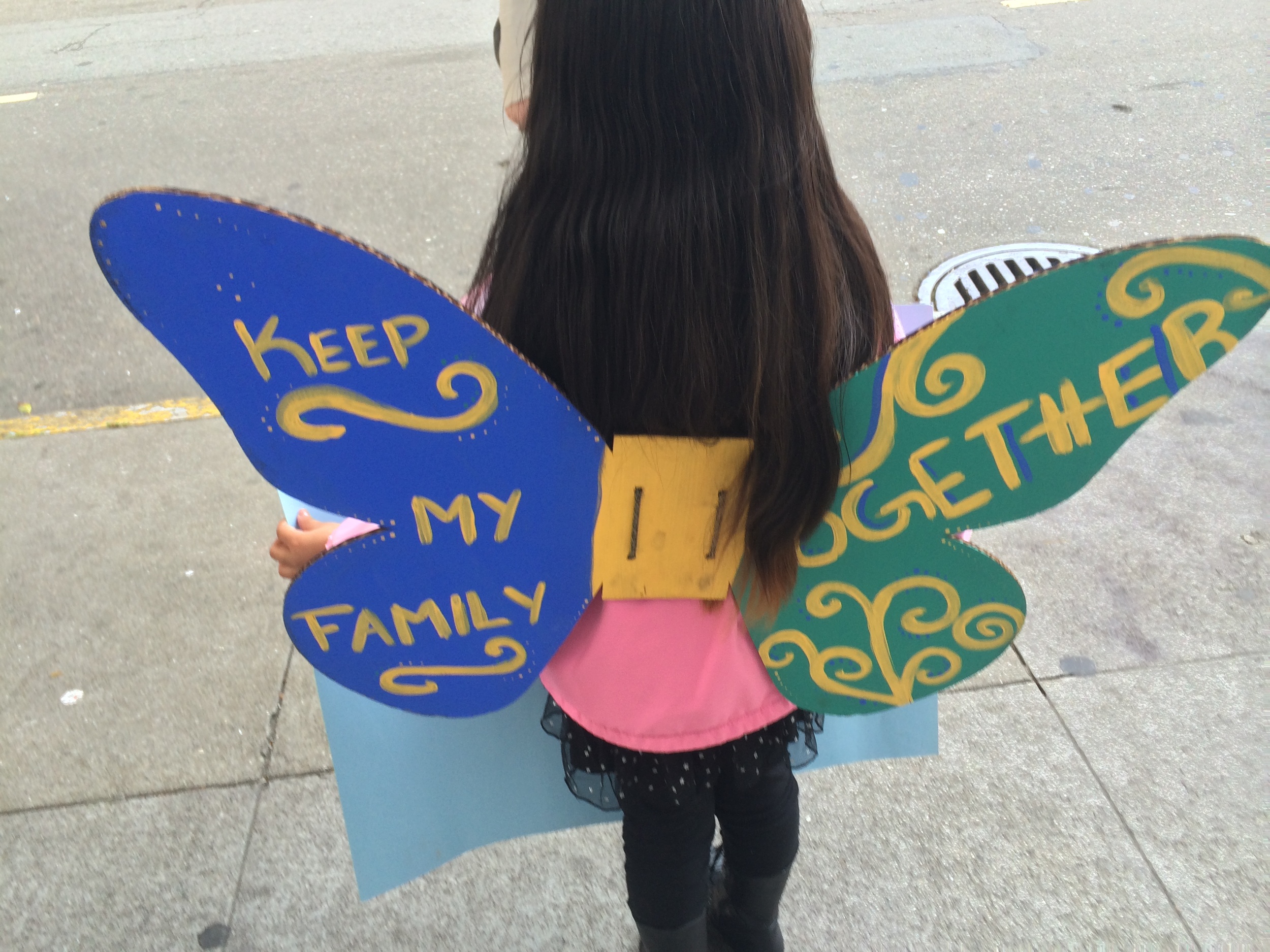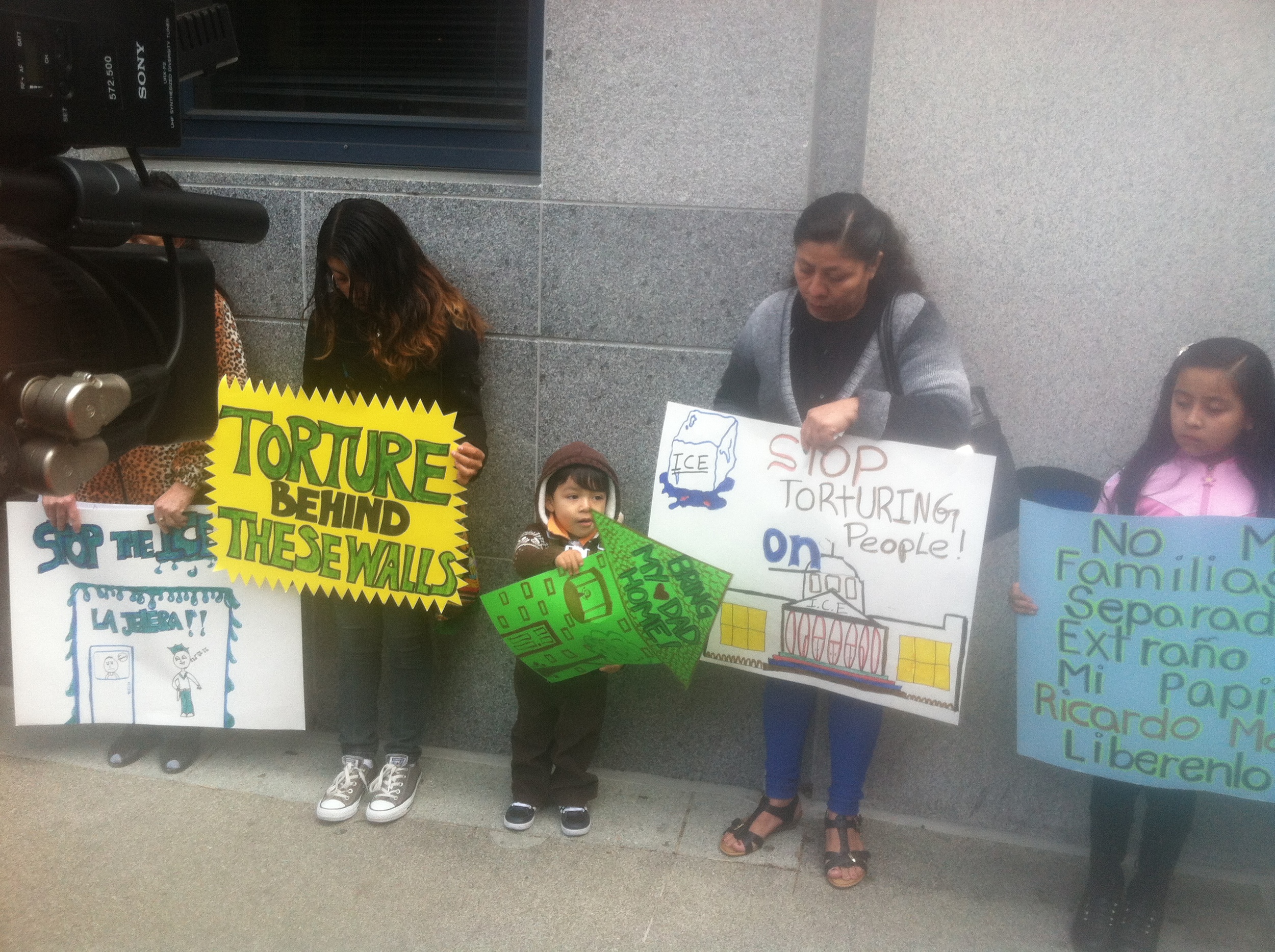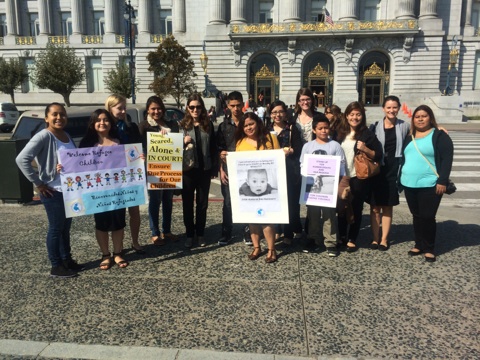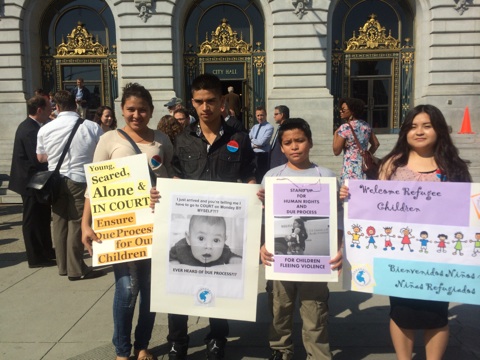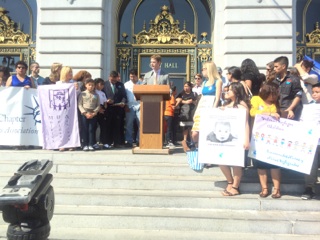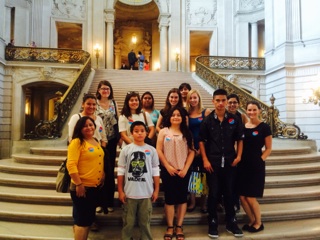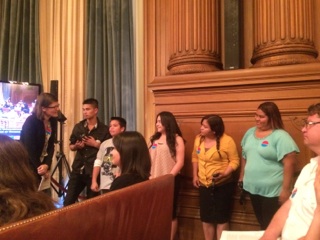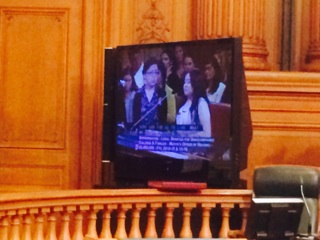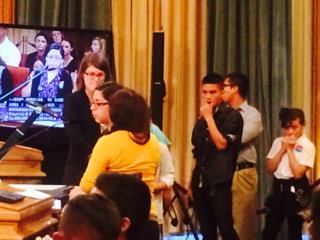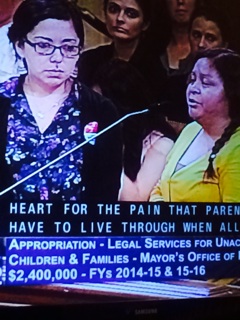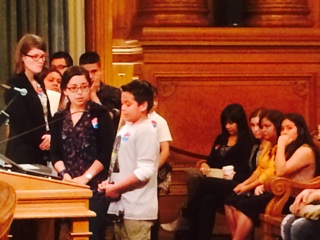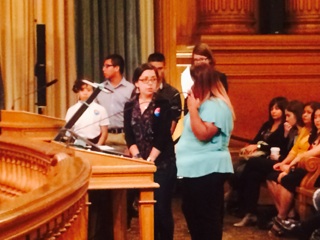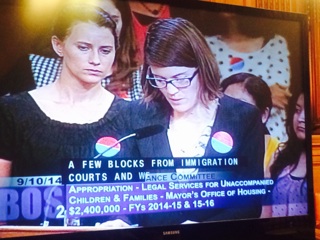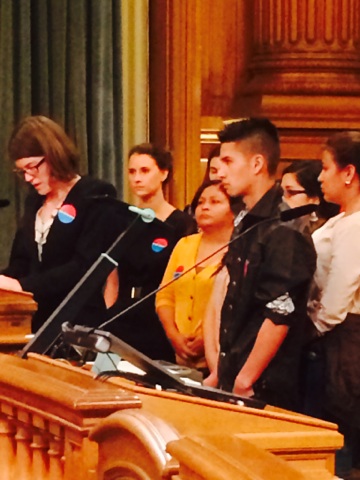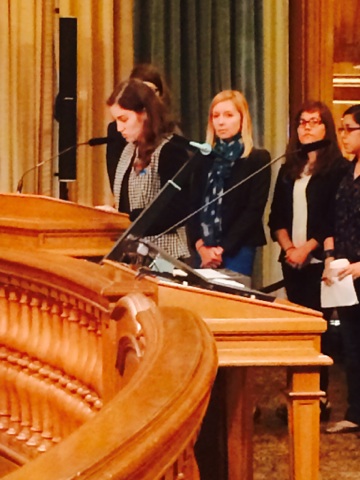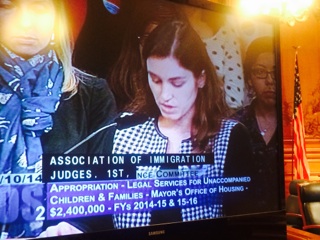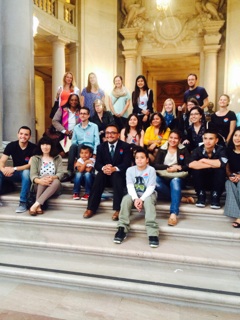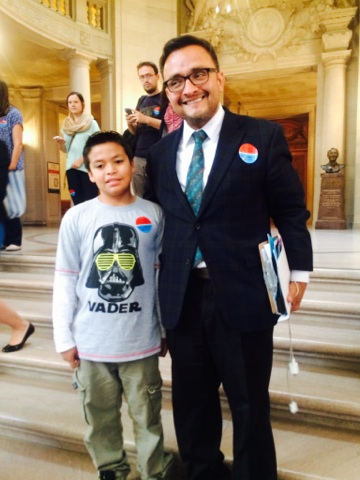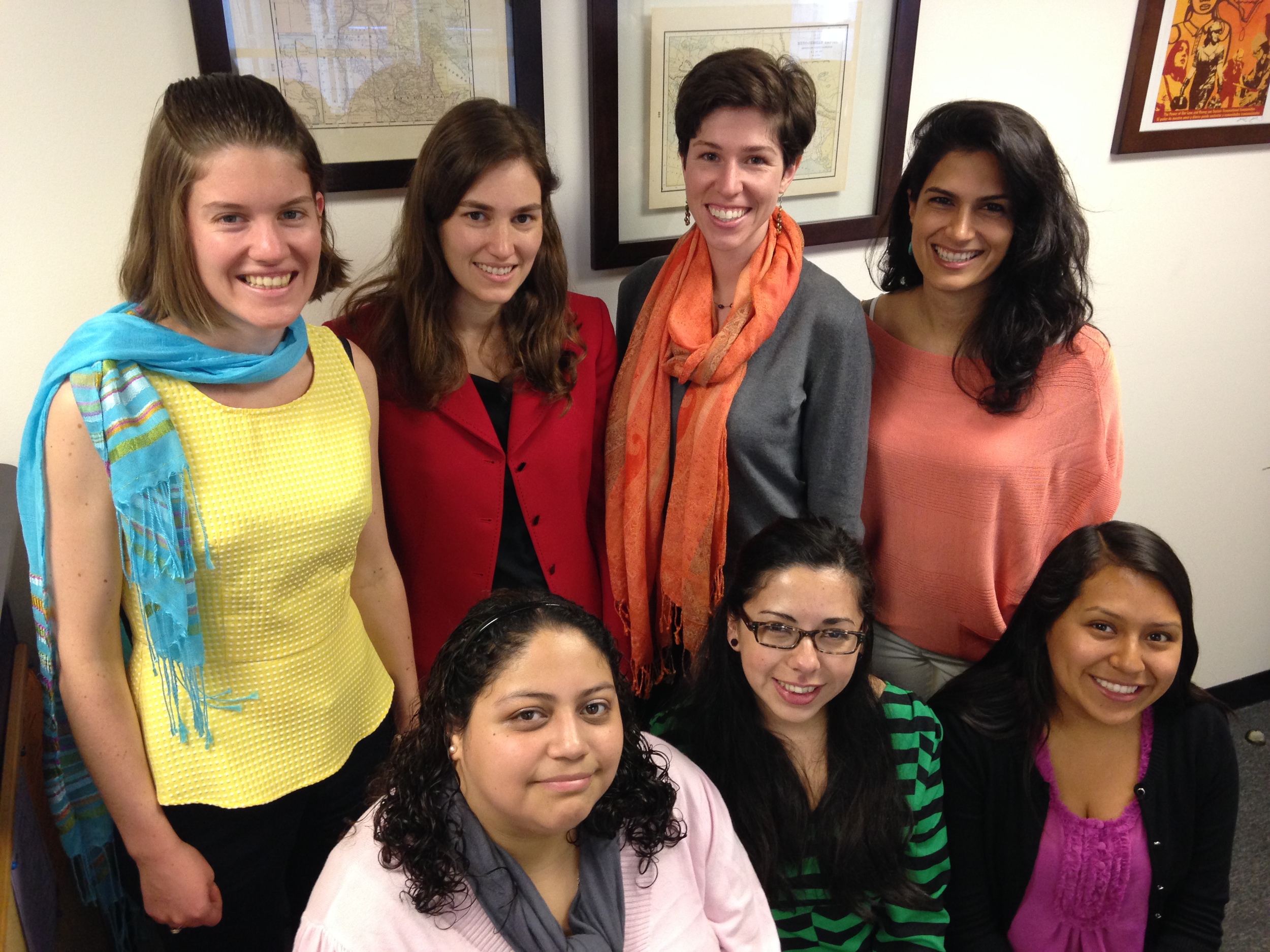Supe. Campos presented certificates of honor to children who testified last week
On September 16, 2014, the SF Board of Supervisors unanimously voted in support of a groundbreaking proposal to fund legal services for children who fled violence in Central America, but now face unfairly expedited deportation proceedings. Community members, advocates, and organizations celebrated this precedent-setting initiative led by the city of San Francisco.
Background: On the heels of last week's unanimous vote in the Budget and Finance Committee, the full Board of Supervisors unanimously voted in favor of the proposal to provide $1,063,800 a year, for 2 years, for legal support for vulnerable refugee children and their families.
Many of the children - who fled extreme violence in Central America - have been reunited with loved ones in San Francisco. Yet they face a deportation process which the Obama administration has unfairly sped up, drawing sharp criticism from legal experts and even immigration judges.
One of Pangea Legal Services’ UAC clients, testified: "In my country, two of my cousins were kidnapped as they were coming out of school. On the third day they were found in black bags, cut into pieces." Testimony from refugee children and families at last week’s hearing begins at 22:30 (http://sanfrancisco.granicus.com/MediaPlayer.php?view_id=7&clip_id=20928). An unrepresented child, on Sept. 17, 2014 said, "We're so grateful that you're going to help us so that we're not deported... we fled here because it was too dangerous to be in our countries"
“I am optimistic that we can get up to ten new attorneys hired as soon as possible to start representing these children. I am proud to be a San Franciscan today and hope this effort inspires other Cities, Counties, and States to stand up for our values of caring, compassion, and due process for these children,” said Supervisor David Campos.
Marie Vincent, Co-Director and Immigration Attorney for Pangea Legal Services, explained, “Successful access to counsel can profoundly improve these children’s lives by bringing them peace, stability and security.”
For more news coverage, see here.
